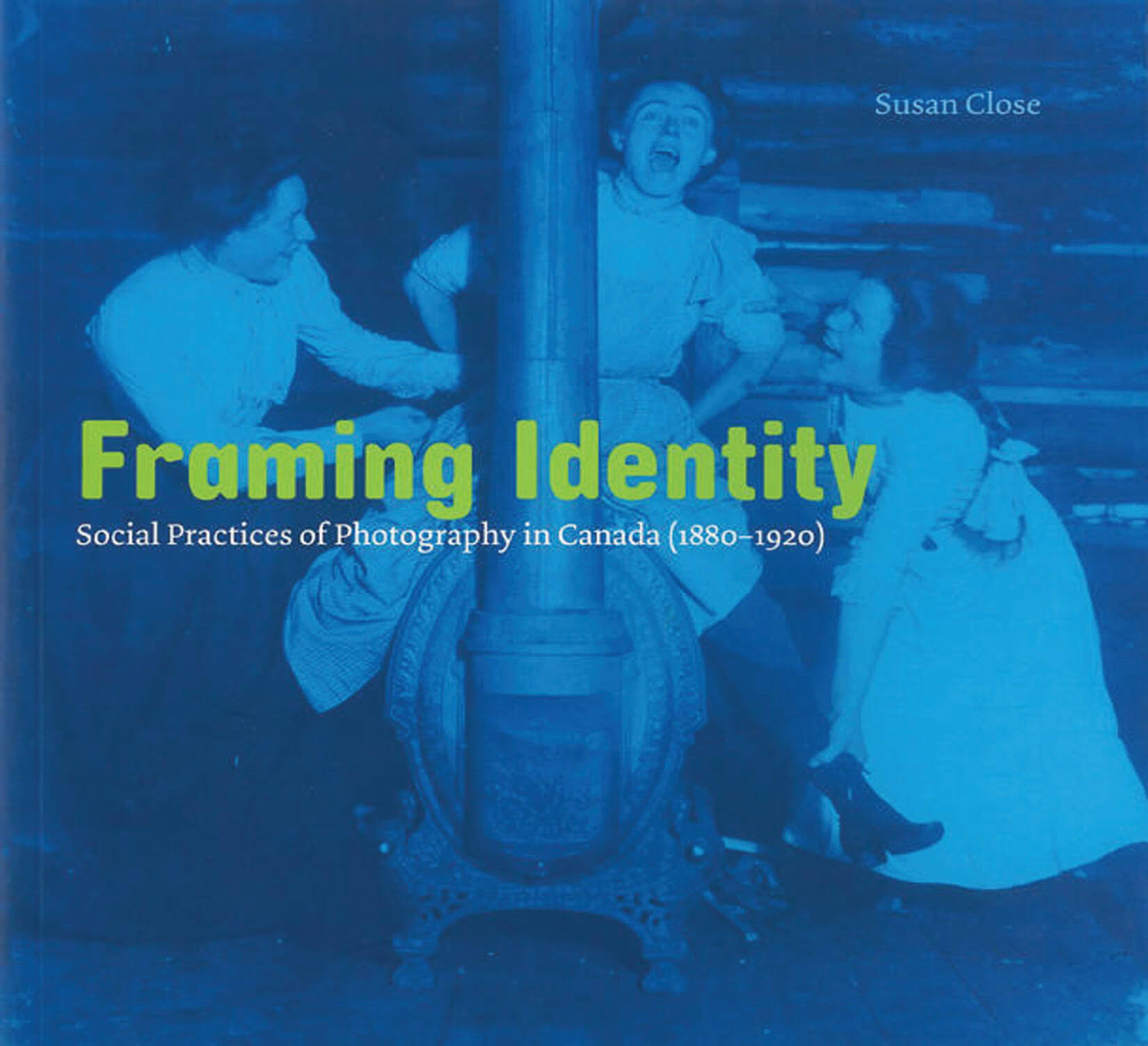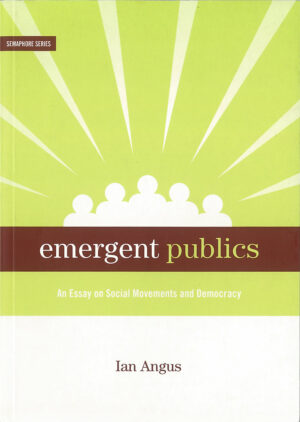Framing Identity defines photography as social practice and examines how women moved beyond making pictorial images to using photography as a form of speech to represent social issues. Key concepts and practices drawn from cultural analysis and issues related to identity, gender, post-colonialism, tourism and travel are mapped out. Close considers Gunterman’s photographs as a form of visual narrative within the context of the family album and the practice of amateur, women photographers. Moodie’s portraits of the Inuit are examined in terms of professional photographic practice and discourse on the representation of the Other. The book also analyzes the photographic albums of two Canadian army nurses, Peterkin and Sparks, who were stationed overseas during World War I. Close concludes her study with an overview of the history of women in photography in Canada and investigates various aspects of women’s interaction with the medium.
Buy From:
Framing Identity
Social Practices of Photography in Canada (1880-1920)
The absolute strength of this book is that it offers a female visual perspective on the years 1880 to 1920. It focuses on four individuals from a time when very few women, let alone the working-class women represented here, were able to gain access to the means of producing photographic images. That alone would make the book unique, but Susan Close places these photos in a social frame. — Don Bouzek, Le Travail

 OUR BOOKS
OUR BOOKS


 US Shopping Link (Buy the Paperback @ AK Press)
US Shopping Link (Buy the Paperback @ AK Press)



